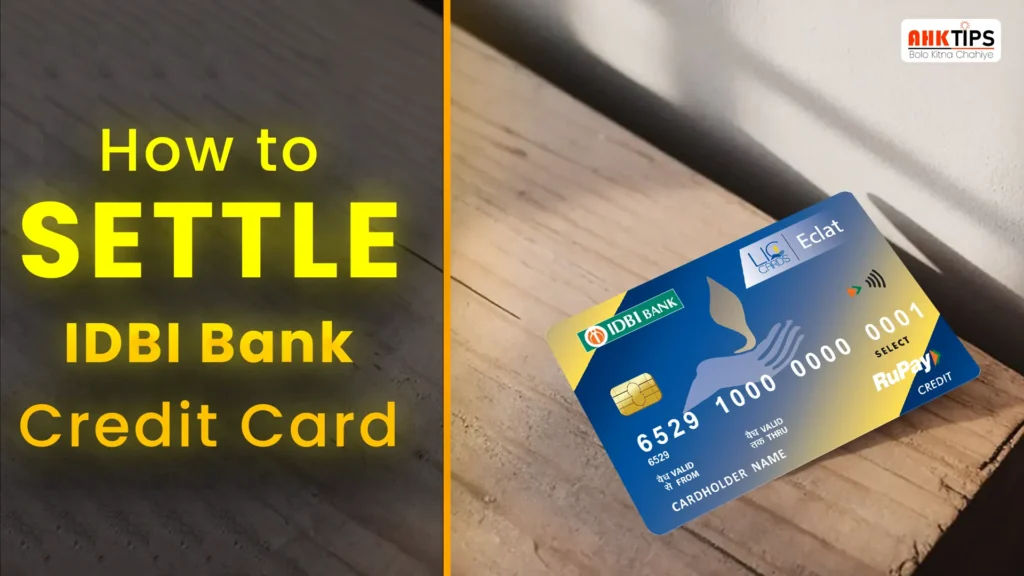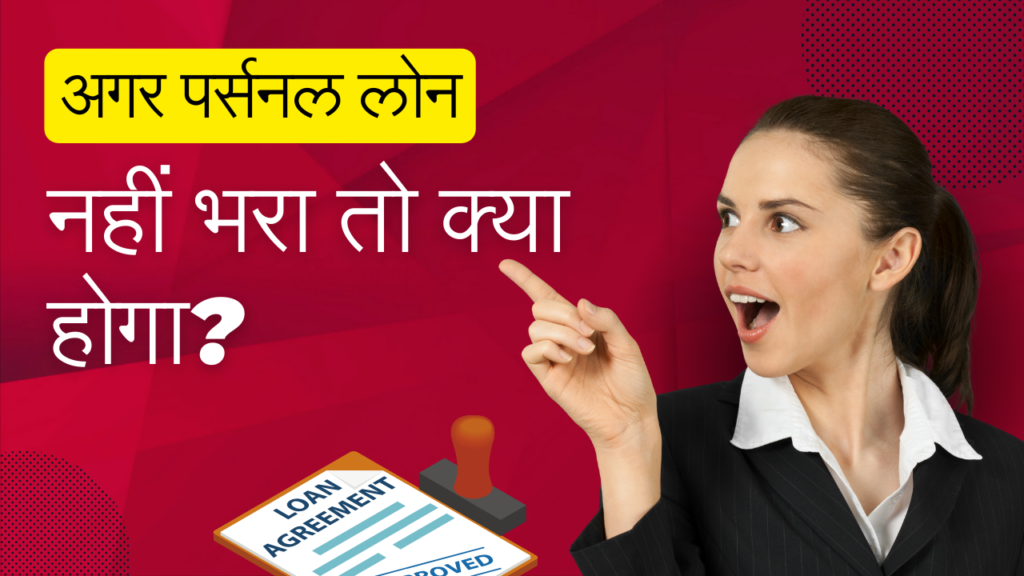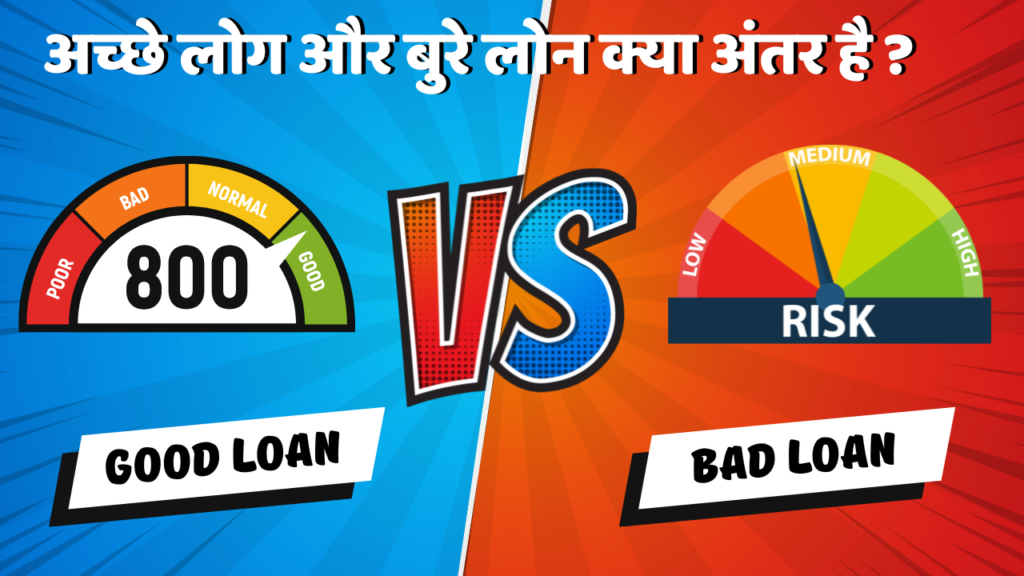Credit card debt can become overwhelming if not managed responsibly, and sometimes, circumstances like job loss, medical emergencies, or unexpected expenses can lead to default. In such cases, settling your credit card debt can help ease the financial burden. For those holding an IDBI Bank credit card, the option of settling your debt allows you to pay a portion of your dues to close the account.
This guide explains the steps to settle your IDBI Bank credit card debt, the pros and cons, and what to expect throughout the process.
What is Credit Card Settlement?
Credit card settlement is a process where you negotiate with the bank to reduce the amount you owe on your credit card. Instead of paying the full outstanding balance, the bank allows you to pay a portion of the amount due. Once the settlement is done, the account is closed, but it is marked as “settled” on your credit report.
While this can reduce the immediate financial burden, it comes with some drawbacks, particularly to your credit score, as settlement negatively affects your future borrowing capabilities.
Why You Might Need to Settle Your IDBI Bank Credit Card Debt?
Several reasons might push you towards settling your credit card debt with IDBI Bank:
- Inability to make full payments: You may not have enough income to keep up with the monthly payments.
- High outstanding dues: Due to accumulating interest, penalties, and fees, the debt may have increased to an amount you can’t afford.
- Facing financial hardship: Loss of income, medical emergencies, or family responsibilities might have reduced your capacity to repay the debt.
- Avoiding legal action: Banks may initiate legal proceedings if the debt remains unpaid for an extended period. Settling the debt can help avoid this.
It’s essential to understand that settling your debt should be a last resort after exploring other alternatives.
Steps to Settle Your IDBI Bank Credit Card Debt
Step 1: Assess Your Financial Situation
Before reaching out to IDBI Bank, take a thorough look at your finances. Make a list of your income, expenses, and outstanding debts. This will help you determine how much you can offer the bank as a settlement amount. Be realistic about what you can afford to pay without jeopardising your day-to-day living expenses.
Step 2: Contact IDBI Bank
Once you’ve reviewed your financial status, reach out to IDBI Bank’s customer service or debt recovery department to initiate the settlement process. You can connect with them via:
- Customer care hotline: Call IDBI Bank’s customer service number and ask to be connected with the collections or debt recovery team.
- Email: Send an email to IDBI Bank’s collections department detailing your situation and request assistance.
- Branch visit: Visit your nearest IDBI Bank branch and explain your financial difficulties to discuss potential settlement options.
Step 3: Provide Proof of Financial Hardship
The bank will require proof of your financial distress before considering a settlement. Some common documents include:
- Income statements showing reduced earnings or job loss.
- Medical records or bills if you are facing health-related financial difficulties.
- Bank account statements to demonstrate your financial limitations.
Having these documents prepared will help expedite the settlement process.
Step 4: Negotiate and Agree on a Settlement Amount
Once IDBI Bank verifies your situation, they will make an offer. The settlement amount is typically a percentage of your total outstanding dues. In most cases, it ranges from 50-80% of the debt.
Feel free to negotiate the settlement amount, especially if you have substantial financial difficulties. Once an agreement is reached, ensure that all terms, including the settlement amount and payment timeline, are put in writing.
Step 5: Make the Settlement Payment and Obtain No-Dues Certificate
Once the settlement amount is finalised, make the payment as agreed. It’s crucial to complete the payment within the stipulated timeline to ensure the settlement is successful. After the payment is processed, request a No-Dues Certificate from IDBI Bank, which confirms that your debt has been settled and no further payments are due.
The No-Dues Certificate is an essential document as it protects you from any future claims regarding the settled debt.
IDBI Bank Credit Card Settlement Policy
IDBI Bank has specific policies when it comes to credit card settlements:
- Eligibility: Settlement is usually considered for credit card accounts that have been in default for at least 90 days or more.
- Negotiation: The bank will negotiate with you based on your financial situation, and the settlement amount will typically range between 50-80% of the total dues.
- Lump Sum vs. Instalments: The settlement amount can be paid either in one lump sum or through instalments, depending on what is agreed during the negotiation process.
- Formal Agreement: Always ensure the settlement terms are formally documented in a written agreement, which outlines the settlement amount and payment deadline.
Impact of Settlement on Credit Score
While settling your credit card debt with IDBI Bank may provide immediate relief, it can have long-term consequences on your credit score. Here’s how it impacts your credit profile:
- Settled Status: The credit card account will be marked as “settled” instead of “paid in full,” indicating that the bank accepted less than what was owed.
- Credit Score Drop: Your credit score will drop after the settlement as it reflects negatively on your ability to manage debt.
- Credit Report Impact: The “settled” status will remain on your credit report for up to 7 years, potentially affecting your ability to secure future loans or credit cards.
Rebuilding your credit after settlement requires careful financial management and consistent repayment of other debts.
Alternatives to Credit Card Settlement
Before opting for settlement, it’s wise to explore alternatives that may not have the same negative impact on your credit score.
EMI Conversion
If you’re struggling to pay off your debt in full, IDBI Bank may offer you the option to convert your outstanding dues into EMIs (Equated Monthly Instalments). This allows you to pay off the debt in manageable instalments over time, reducing the immediate financial burden.
Balance Transfer
With a balance transfer, you can transfer your outstanding credit card balance to another card with a lower interest rate, helping you manage the debt more effectively. This can prevent you from opting for a settlement, which affects your credit score.
Personal Loan for Debt Consolidation
A debt consolidation loan allows you to combine all your outstanding debts, including credit card dues, into a single loan with a lower interest rate. This reduces the overall interest burden and helps you pay off the debt more efficiently.
Conclusion
Settling your IDBI Bank credit card debt can provide relief if you’re struggling with financial difficulties, but it should only be considered when other options have been exhausted. While settlement reduces your immediate debt burden, it negatively impacts your credit score and can make future borrowing difficult.
Before opting for settlement, it’s essential to review your financial situation carefully and explore alternatives like EMI conversion, balance transfers, or debt consolidation loans. If settlement is the best option, ensure that all terms are documented in writing, and always obtain a No-Dues Certificate after completing the payment.
By understanding the settlement process and its implications, you can make an informed decision that aligns with your financial goals.
Frequently Asked Questions (FAQ’s)
Ans: While IDBI Bank typically settles for 50-80% of the outstanding dues, you can try negotiating for a lower settlement amount depending on your financial hardship.
Ans: IDBI Bank does not charge extra fees for settling credit card dues. However, the settlement amount may include interest, late fees, and penalties that have accumulated over time.
Ans: A “settled” status on your credit report negatively impacts your chances of getting approved for future loans or credit cards, as it signals that you did not repay the full amount owed.
Ans: Yes, you can rebuild your credit score by making timely payments on other debts, using your credit responsibly, and keeping your credit utilisation low.
Ans: The settlement process can take anywhere 90 days, depending on how quickly the bank processes your request and how soon you make the payment.













